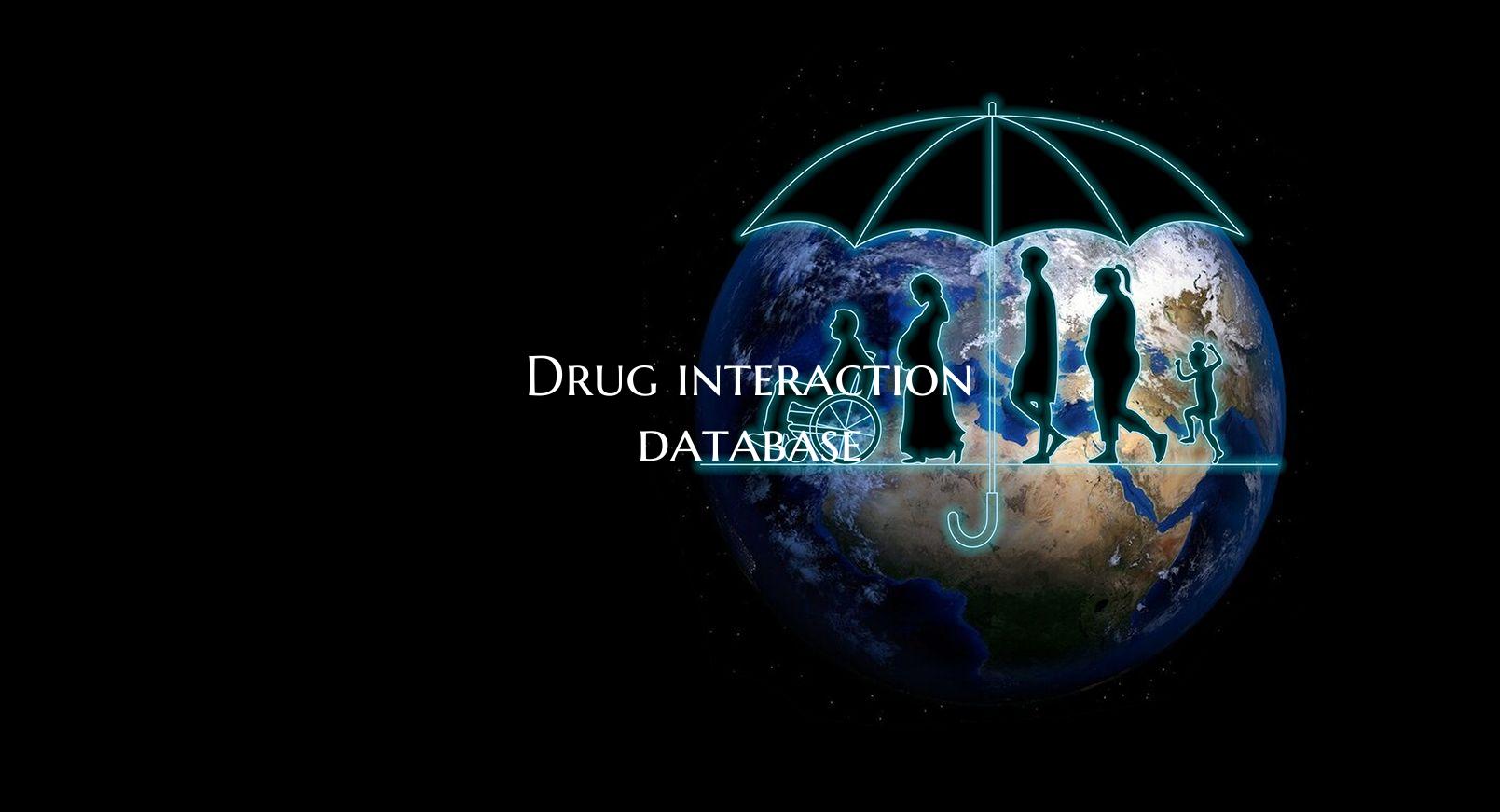
Drug interaction database
Introduction: In today's complex healthcare landscape, it is essential for healthcare providers to have access to accurate and up-to-date information on potential drug interactions. A drug interaction database serves as a comprehensive resource that can help healthcare professionals make informed decisions when prescribing medications to ensure patient safety and optimize treatment outcomes.
Importance of a Drug Interaction Database: 1. Patient Safety: One of the primary reasons why a drug interaction database is crucial in healthcare is to prevent adverse drug reactions. Certain combinations of medications can lead to harmful interactions, such as increased side effects or reduced efficacy. By consulting a drug interaction database, healthcare providers can identify potential interactions and adjust treatment plans accordingly to protect patient safety.
2. Improved Treatment Outcomes: Effective healthcare relies on the successful management of multiple medications for patients with complex medical conditions. A drug interaction database provides healthcare professionals with valuable information on potential interactions between prescription drugs, over-the-counter medications, herbal supplements, and dietary supplements. By avoiding harmful combinations and optimizing drug therapy, healthcare providers can enhance treatment outcomes and improve patient well-being.
3. Time-saving Tool: Navigating through the vast amount of information on drug interactions can be time-consuming for healthcare professionals. A drug interaction database streamlines this process by consolidating relevant data into a user-friendly platform. This saves time for healthcare providers, enabling them to quickly access critical information on potential drug interactions and make informed decisions during patient consultations.
4. Drug Monitoring and Alert System: Incorporating a drug interaction database into healthcare systems allows for real-time monitoring of medication regimens. Through alerts and notifications, healthcare providers can receive timely updates on new interactions or contraindications that may impact patient care. This proactive approach enables healthcare professionals to intervene promptly and modify treatment plans, minimizing the risk of adverse events due to drug interactions.
Conclusion: In conclusion, a drug interaction database plays a vital role in promoting patient safety, enhancing treatment outcomes, and streamlining healthcare processes. By leveraging the comprehensive information provided by such databases, healthcare providers can make informed decisions when prescribing medications and effectively manage complex medication regimens. Investing in tools that support drug interaction awareness is essential for delivering high-quality care and ensuring positive health outcomes for patients.